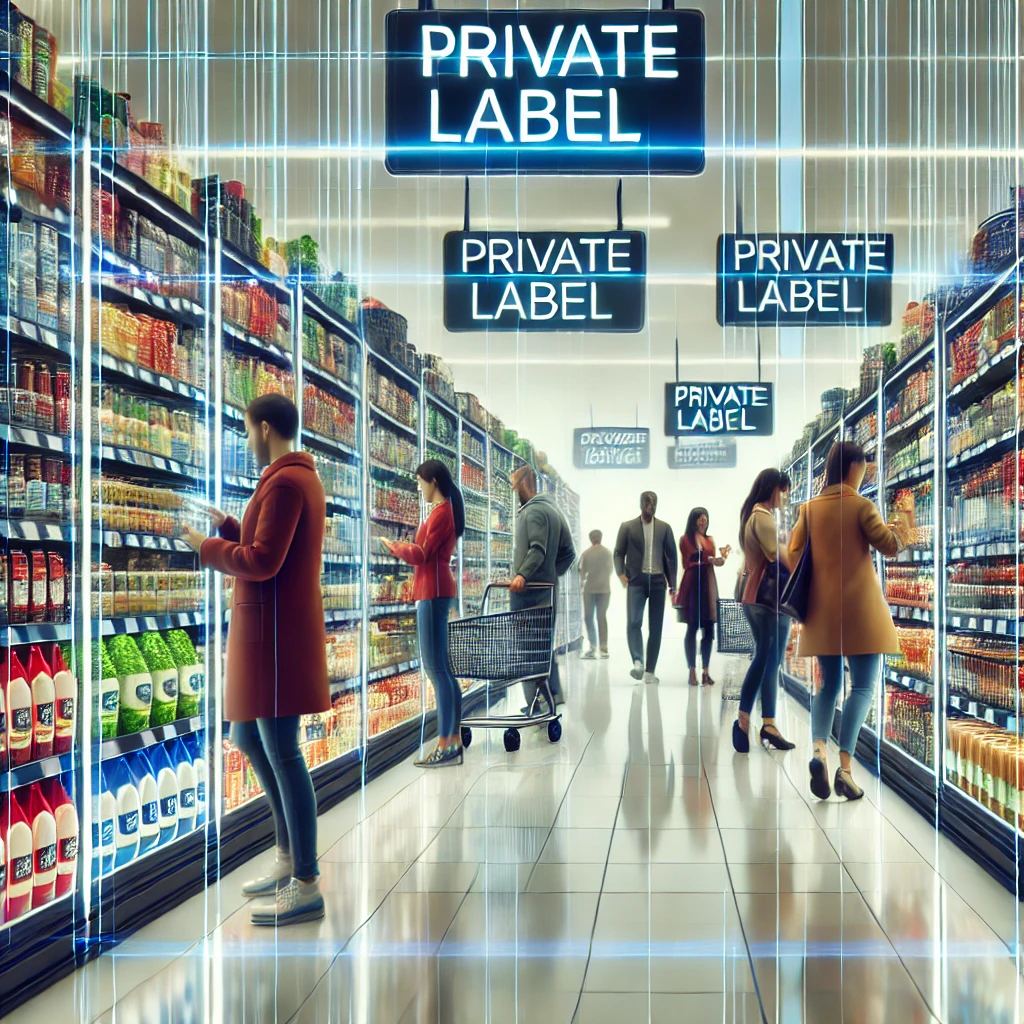Private labels are becoming increasingly popular among shoppers. Why? The answer lies in consumer behavior and a few important factors that influence their choices. Let’s dive into what drives private label purchase behavior and why it’s a trend that shows no sign of slowing down.
A Shift in Consumer Mindset
Why Consumers Love Private Labels
Private label products are not just a cheaper alternative anymore. Here’s what is influencing shoppers:
- Affordability: Prices are lower compared to national brands.
- Perceived Value: People believe they’re getting more for their money.
- Improved Quality: Private labels have upped their game in quality.
- Trust in Retailers: Consumers often trust the store brand as much as well-known labels.
Quality vs. Price: The Key Balance
One of the major drivers is the balance between quality and price. Consumers are increasingly comparing private label products to their more expensive branded counterparts. They weigh aspects like:
- Taste and Performance: Does the product taste as good or perform well?
- Reviews and Recommendations: Feedback from others matters.
- Packaging Appeal: Modern private labels have sleek and attractive designs.
Square Insight
🔲 Many private labels are now created with health-conscious and eco-friendly packaging that attracts mindful shoppers.
Emotional and Psychological Factors
Sometimes, consumer choice isn’t just logical. Emotional and psychological elements also come into play.
- Feeling of Savvy Shopping: People love the idea of saving money without sacrificing quality.
- Brand Loyalty Shift: When private labels deliver on quality, loyalty grows.
- Shopping Experience: Retailers create an appealing environment that enhances the private label image.
The Influence of Economic Times
In tough financial periods, more shoppers opt for private labels to save money. Economic uncertainty often boosts private label sales.
The Role of Marketing and Branding
Retailers invest heavily in marketing their private label lines, making them stand out. Here’s how:
- Advertising Campaigns: Highlighting quality and savings.
- In-Store Promotions: Private labels are often showcased through strategic placements.
- Exclusive Offers: Reward programs often emphasize store brands.
Square Note
🔲 Private label advertising has moved from just price cuts to building a unique brand story.
Product Range and Availability
The extensive variety of private label items in stores today makes them more attractive. Stores offer everything from basic pantry staples to gourmet and organic options.
- Health-Conscious Choices: Offering organic or gluten-free alternatives.
- Specialty Items: Unique and exclusive items are part of many private label lines.
- Availability: Well-stocked shelves mean fewer disappointments.
Consumer Demand for Transparency
Modern shoppers want to know where their food and products come from. Transparency has become key.
- Clear Labeling: Many private labels have simple and straightforward information.
- Ethical Sourcing: Consumers want to feel good about what they’re buying.
- Sustainability Initiatives: Eco-friendly practices win big with today’s audience.
Square Fact
🔲 A growing number of private labels highlight sustainability and locally-sourced ingredients.
Private Labels Go Digital
E-commerce has also played a role in driving private label purchases. Online shopping platforms feature:
- Exclusive Online Deals: More reasons to buy store brands.
- User Reviews and Ratings: Digital feedback helps build trust.
- Targeted Marketing: Algorithms suggest private labels based on previous purchases.
Retailer Reputation and Influence
Finally, the overall reputation of a retailer heavily influences whether consumers buy private labels. Stores like Costco, Trader Joe’s, and Aldi have built strong trust in their private label lines.
- Consistency: Consistent quality builds a positive reputation.
- Customer Loyalty: Happy shoppers keep coming back.
In Conclusion
What drives consumers to choose private labels? It’s a blend of affordability, quality, emotional connections, and smart marketing. Private labels are no longer the underdog; they’re a serious contender that’s redefining how we shop. The future of private label purchase behavior looks bright, as more people discover the value and satisfaction these products offer.

